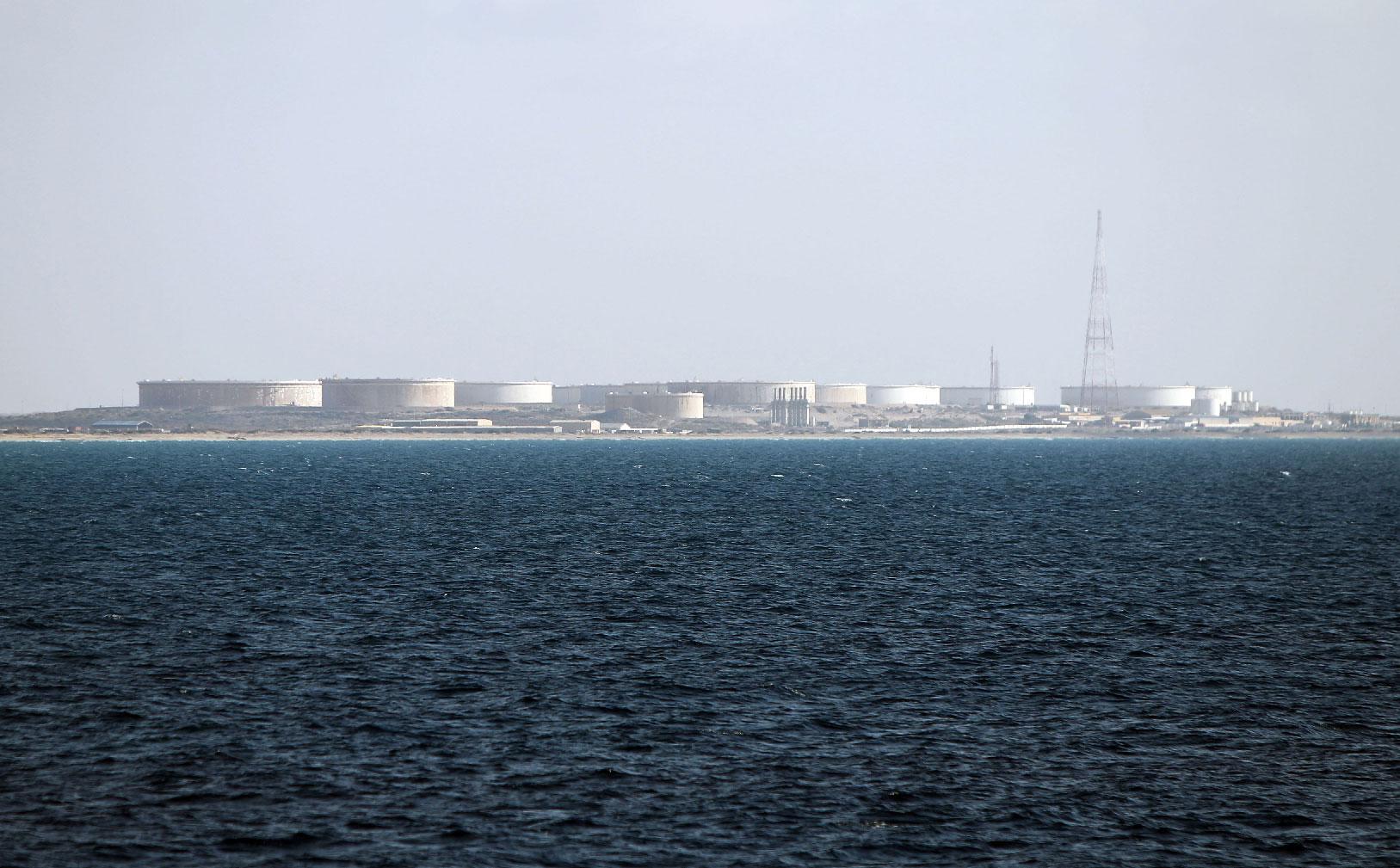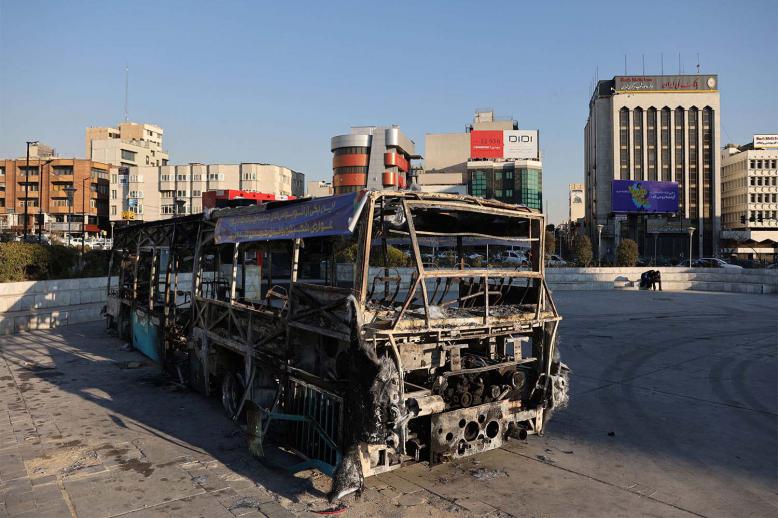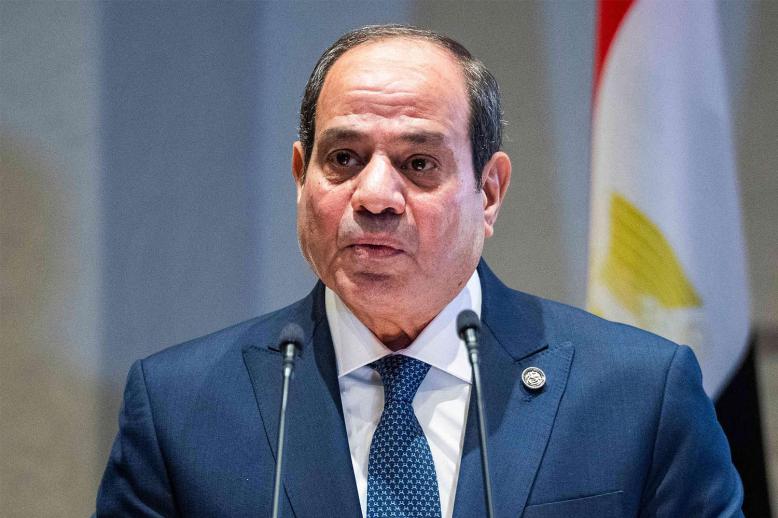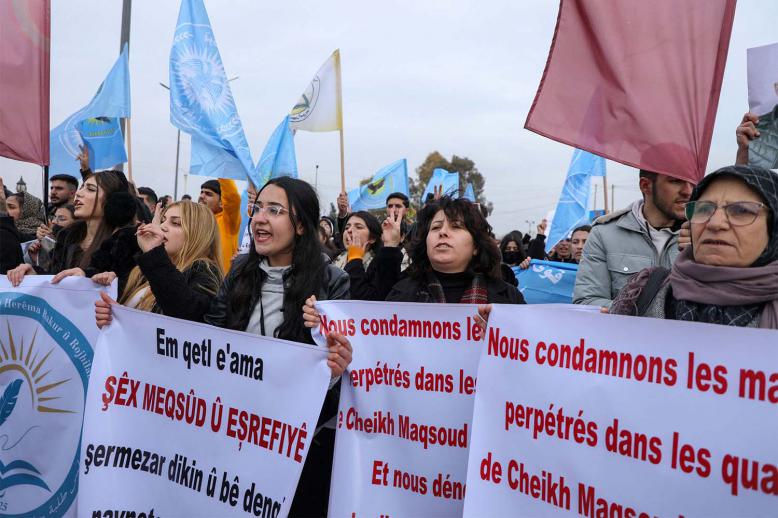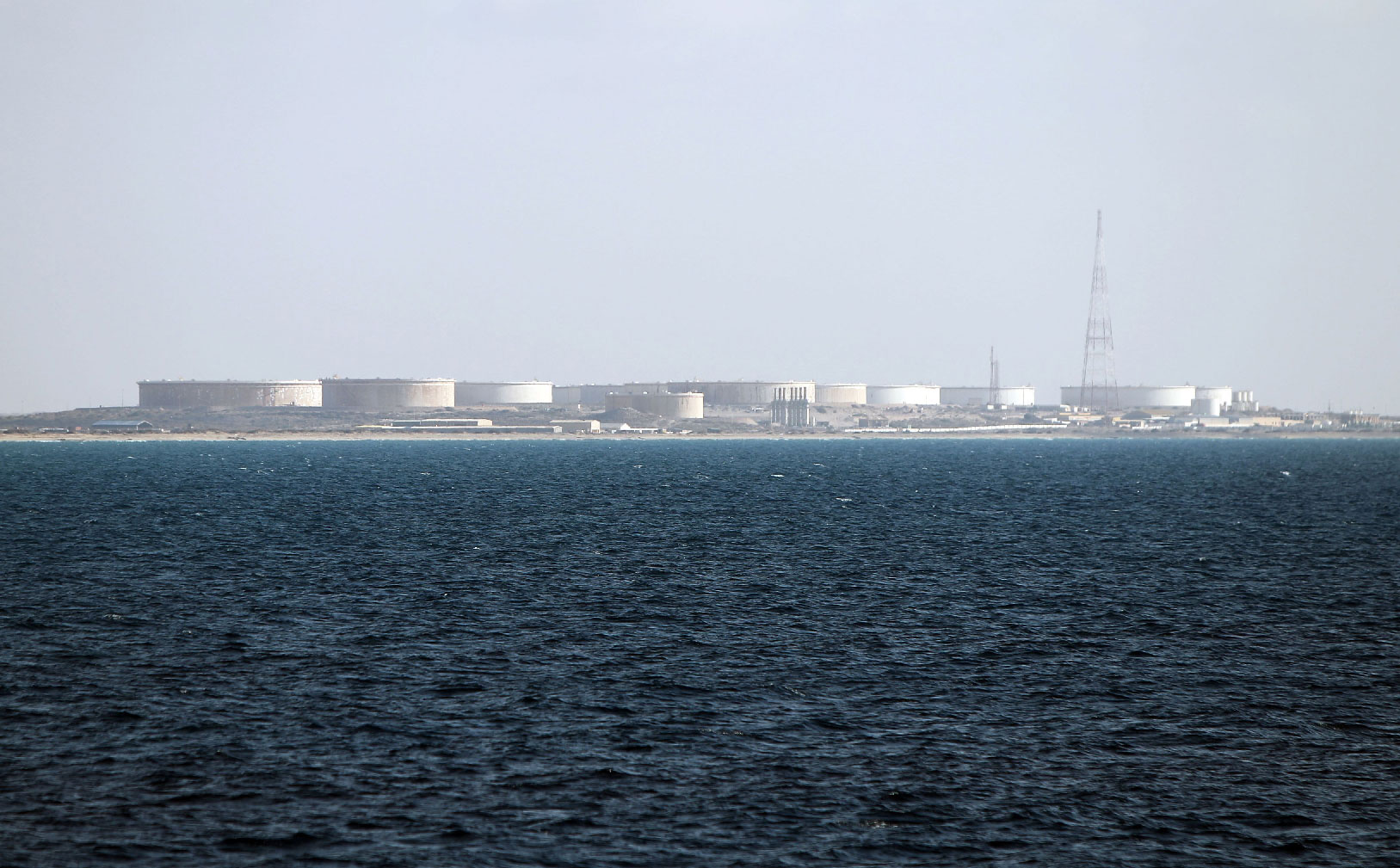Libya requests sanctions over illicit oil sales
TUNIS - Libya's Tripoli-based National Oil Corporation (NOC) is asking for UN sanctions against 48 individuals and entities they accuse of trying to sell oil illicitly in a struggle over the country's oil wealth.
In a letter circulated to foreign embassies and the United Nations, and seen by Reuters, NOC Chairman Mustafa Sanalla described a "surge" in attempts by eastern factions to market oil ahead of them taking control last month of key fields and export terminals.
Since 2014 Western powers and UN Security Council resolutions have backed the NOC in Tripoli, the capital, as the sole legitimate producer and seller of Libyan oil, warning that illicit exports could lead to further fragmentation of the divided country. That has deterred buyers and banks wary of dealing with an unrecognised entity.
But Sanalla's letter and copies of contracts that NOC Tripoli says were passed on by people involved in oil trading allege that a parallel NOC in the eastern city of Benghazi has stepped up its campaign to market oil under Faraj Said, head of the firm since last August.
"This 'NOC Benghazi', headed by Faraj Said, is pursuing a complex and combined strategy, focussed on destabilising NOC, including via illicit exports, contracts and blockades, to ultimately gain control of Libyan oil," Sanalla wrote.
The letter was sent mid-June, about 10 days before forces loyal to eastern-based commander Khalifa Haftar announced that they would hand east Libyan ports and fields to the Benghazi NOC, raising the stakes over the contest for the sparsely populated country's oil.
Production has plummeted by about 850,000 barrels per day (bpd) from little more than one million bpd, as eastern officials have blocked tankers booked by NOC Tripoli from loading, effectively shutting Zueitina and Hariga ports. Haftar's Libyan National Army (LNA) has also prevented NOC Tripoli from reopening Ras Lanuf and Es Sider, after fending off an armed attack against the ports last month.
The standoff is part of a wider conflict that developed after the Nato-backed uprising against Muammar Gaddafi seven years ago. Factions aligned with rival governments in the east and west have competed for power since disputed elections in 2014.
Income struggle
About three-quarters of Libya's oil production is based in the east, but oil sales and revenues have been processed through Tripoli, home to an internationally backed interim government.
Some in the east have long complained that they receive too few oil revenues, though officials in Tripoli dispute that. The LNA said this week that it was seeking the replacement of the central bank governor in Tripoli, who it also blames for funnelling money to its armed opponents -- a charge that central bank officials in the capital deny.
Said and his office could not be reached for comment. He told Reuters last week that NOC east, which claims legitimacy through an eastern parliament and government, was not "rushing" oil sales. "The important thing is for the oil money to go to a safe place," he said.
Sanalla's letter says that even before eastern factions announced they would take over oil ports, they had tried in May to export 600,000 barrels from Hariga port on a tanker named Phaedra Bright 1, but the tanker was persuaded to turn back before it loaded.
According to NOC Tripoli, NOC Benghazi has been offering buyers substantial discounts that would lead to losses in revenue of at least $821 million. NOC Tripoli estimates that Libya is already losing more than $67 million daily because of the port stoppages.
Sanalla called for travel bans and asset freezes under a UN sanctions regime to be imposed on Said and other senior NOC Benghazi officials, as well as on traders and energy companies allocated contracts by the eastern NOC.
Failure to act could have "grave consequences for peace and security in Libya", Sanalla wrote.
"In particular, I am concerned that these efforts may accelerate ahead of the elections planned for December, and that they may create conditions that interfere with the acceptance by certain segments of the Libyan population of election results."


